
We know it’s taboo to talk about your, well, poop. But there’s a reason you should start, especially if you're 65 or older. There’s a correlation between a healthy butt and a healthy gut. And while bowel movements can vary person to person and change as you age, sometimes those changes are a cause for concern.
Did you know that 95% of serotonin, a mood-influencing hormone, is produced in the stomach lining? Gut health doesn’t just affect your digestion, but also your behavior, emotions, and overall health.
This guide investigates common digestive problems to look out for, how poop can help identify these problems, and when to see a doctor. We also provide advice on staying healthy with additional resources and tips for seniors and their caregivers.
In this guide:
- A Look into Bowel Health
- Changes in Bowels that Come With Age
- Other Causes of Bowel Habit Changes
- When to See a Doctor
- Advice on Maintaining Healthy Bowels
- Additional Resources for Seniors
A Look into Bowel Health
Bowel movement plays an important role in removing waste from your body. While your digestive system—stomach, small intestine, and colon—absorbs the nutrients from what you eat and drink, it expels the stuff you don’t need. These unwanted “leftovers” eventually become your stool. In other words, let no one shame you for pooping on the regular. It’s good for you!

If you haven’t pooped in a while, or as often as you usually do, it could be an indicator that something is off. But before worrying about your bum, let’s first take a deeper look into what qualifies as a healthy vs. unhealthy bowel movement.
What is a Healthy Bowel Movement?
When it comes to “doing the doo,” it varies from person to person. Generally, most folks poop between a few times a day and three times a week. As for the appearance, a sign of healthy poop is brown, solid, and smooth like a sausage. Green-colored poop is okay too (it just means you’re eating a lot of leafy greens!).
What is Considered Abnormal?
A sudden change in bowel habits doesn’t necessarily mean something is wrong, but it is worth paying attention to. Observing your stool can help identify abnormalities (in layman's terms, look before you flush). Changes, such as the appearance of your poop or how often you go, that last for more than a few days is sometimes abnormal. For example, if the color is neither brown nor green, it could be due to the type of food you ate or a more serious matter.
Nevertheless, there are several factors that can change your bowel habits, which we’ll talk about next.
Changes in Bowels That Come With Age
Just as our bodies change as we age, so do our bowels. The older you get, the slower your metabolism and less acid your stomach produces. This can lead to more constipation, especially when over age 65. (If your grandparents kept prune juice in the fridge, now you know why.)
More often than not, aging adults tend to take more medication, don’t eat a balanced enough diet, and just aren’t as physically active as they used to be. Simply put, the older you get, the more time you’ll spend on the toilet, so be mindful of what you eat. If not, constipation is likely, and you don’t want to experience what happens when you push too hard.
Other Causes of Bowel Habit Changes
In addition to age, a change in bowel habits can be a side effect of changes in your daily routine, physical conditions, and medical disorders. While the average person may not want to ponder on their toilet time, it’s helpful to know how long you can go without a bowel movement before it affects your gut health.
If you notice your pooping is “off,” it could be a result of one or more of the following factors below.

Travel
Ever notice how you tend to poop around the same time every day? Changes to your schedule can alter your bowel habits, especially if traveling for long periods of time or if you’re in a different timezone. Since you’re not in your daily routine, your body simply “postpones” its bathroom schedule.
Diet
Your diet can also affect your poop frequency. Certain foods, such as dairy, may “unsettle” your stomach, especially if you’re lactose intolerant. You may notice some changes after eating a lot of fried foods and caffeinated drinks. Consuming too much of these in your diet on a regular basis may lead to constipation. A diet full of healthy greens and fiber, on the other hand, promotes healthy digestion (and your visit to the commode is smooth sailing).
Stress
Stress affects the body more than you think. Have you ever felt extremely anxious and overwhelmed about something and lost your appetite? Studies show a direct link between stress and constipation. Stress hormones can shift blood flow from your intestines to other vital organs, which can slow down digestion and cause inflammation. The result? Slower and more difficult bowel movements. Stress also can make you neglect things like getting exercise, eating healthy, and staying hydrated, which also play a role.
Pregnancy
For women, it’s perfectly normal to experience a change in bowel habits, especially constipation, while pregnant. This is because a woman’s hormones fluctuate drastically during these 40 weeks, in addition to a growing baby squishing and kicking her intestines (the joys of motherhood!).
Medication
Certain medications, including antibiotics, can cause changes and your bathroom visits. Take some time to read the ingredients and side effects on your medication’s package. One of them could be the reason why you’re pooping more, or not enough.
Illness and Health Conditions
After ruling out all other possible causes of bowel changes, underlying health conditions may be the final piece to the puzzle:
Thyroid disorder
Your thyroid glands release hormones into the body that control growth and metabolism. Both an under-active and overactive thyroid are thyroid disorders when the thyroid gland doesn’t produce enough hormones, or too many. Thyroid disorders can cause a range of symptoms, including diarrhea and constipation.
Irritable bowel syndrome (IBS)
IBS is a long-term condition that affects your digestive system. If you have IBS, you may experience anything from diarrhea and bloating to constipation and abdominal pain.
Crohn’s Disease
This is a type of inflammatory bowel disease that is generally a lifelong condition. Typical symptoms of Crohn’s Disease include the urgency to poop, diarrhea, constipation, and even bloody stools.
Bowel Cancer
Colon and rectal cancer are in the bowel cancer category. Symptoms of these types of cancers also cause change in bowel habits, including blood in your stool, abdominal pain, constipation, and diarrhea.
Stroke
A stroke can damage nerves in the part of the brain that controls your urge to go. While younger adults may not need to worry about this, strokes are something seniors shouldn’t rule out. If you’re having trouble making it to the bathroom on more than one occasion, tell your doctor.
When to See a Doctor
If you haven’t pooped in more than three days or have diarrhea that lasts for more than a day, it’s best to call your doctor. Also call your doctor if you feel as if you can’t control your bowel movements, as that may be a side effect of a serious medical condition.
In the meantime, try making it a habit to monitor your poop. The changes can be a telltale sign of something wrong with your gut health. Remember, always look before you flush.
Common Symptoms
Below are a few symptoms that typically associate with digestive problems:
- Diarrhea for over 24 hours
- Severe abdominal pain
- Mucus in your stool
- Bloody stool
- Color changes of your stool
Of everything you need to know about poop, the color is especially one to note. Let’s take a look at what stool color can say about your health.

Diagnosis
During your medical appointment, your doctor will review your symptoms and medical history. He may also require that you provide a blood or stool sample to test and help rule out other diagnoses.
Common tests your doctor may request for diagnosing changes in bowel habits include:
- CT scans and X-rays to check internal organs
- Colonoscopy to view and check the inner lining of your colon
- Endoscopy to view the digestive tract by way of the throat
Types of Treatment
After receiving test results, your doctor may provide specific treatments based upon the diagnosis of your bowel changes. Some treatment plans may require prescription medication or recommended surgery, while others may be as simple as a list of dietary and lifestyle changes.
For the latter, your doctor may suggest the following prevention methods:
- Drinking more water
- Going to the restroom when you need to (not holding it)
- Increasing fiber intake
- More exercise and physical activity
Advice on Maintaining Healthy Bowels

When it comes to gut health, your lifestyle and food choices keep things “running smoothly,” especially for seniors. In addition to exercise, nutritionists recommend that you have a high-fiber diet, where you’re eating more fruits, vegetables, and whole grains. Try your best to avoid fatty foods and excessive caffeine, which slow down your digestion and lead to constipation.
Also incorporate more probiotics into your diet, which help your body absorb nutrition. Lastly, and equally important, stay hydrated. Water helps break down your stool so that it passes through more easily (your bum will thank you). If you’re into natural remedies, you can try some of these DIY concoctions to do an overnight colon cleanse at home!
Tips for Caregivers
If you’re a caregiver for the elderly, especially those who’ve suffered a stroke or have a medical condition, your patient will most likely need assistance going to the restroom. Since strokes and health issues can affect a person’s ability to control their bladder and bowels, here are few ways to help your patient develop a bowel routine:
- Providing a bedside commode at night
- Walking the patient to the toilet every couple of hours
- Insisting the patient wear absorbent briefs in case of accidents
- Suggesting they not drink too late in the evening
Additional Resources for Seniors

If you deal with ongoing digestive issues, you’re not alone. According to the World Gastroenterology Organization (WGO), one-third of the world’s population has some form of digestive symptoms. To learn more about gut health, gut-related illnesses, and how bowels change with age, here are a few helpful resources recommended by WGO and The Center for Digestive Health:
- American College of Gastroenterology: Patient Education & Resource Center
- Crohn’s & Colitis Foundation of America
- WGO Digestive Health Toolkit
Wrapping it Up
Remember, no two bowel habits are the same, and temporary changes are usually nothing to worry about. And just like the body, your digestion and bowel habits change with age. Contact your doctor if persistent or severe bowel changes A few lifestyle changes, and caution of a few unhealthy bathroom habits can go a long way.
And for those days you just crave a greasy burger and large fry, we’ve got the perfect bundle to comfort your bum on a rough day.


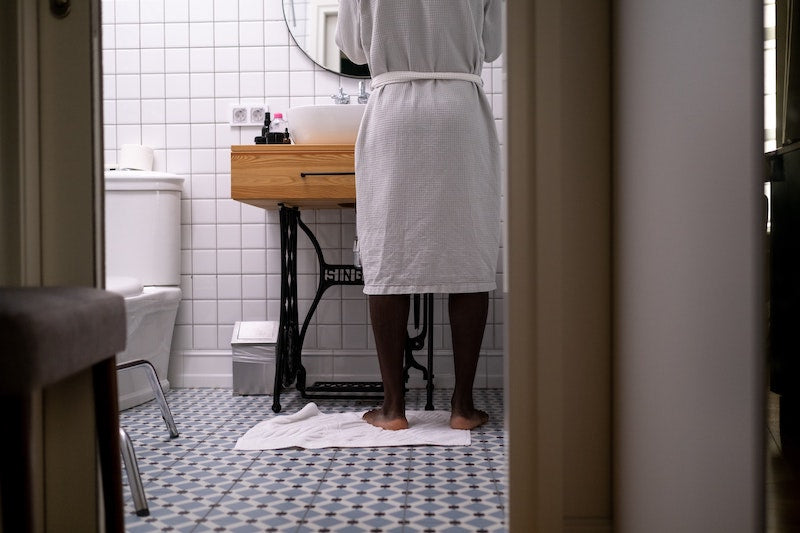
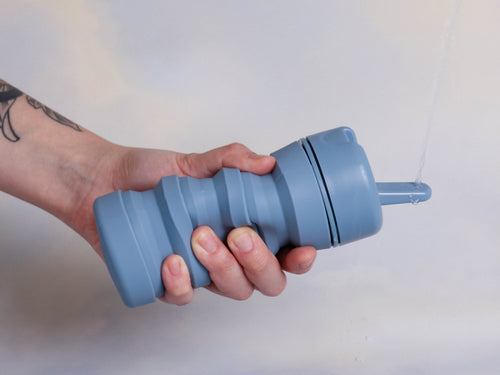
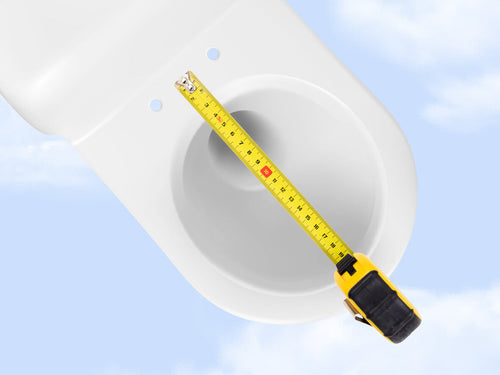






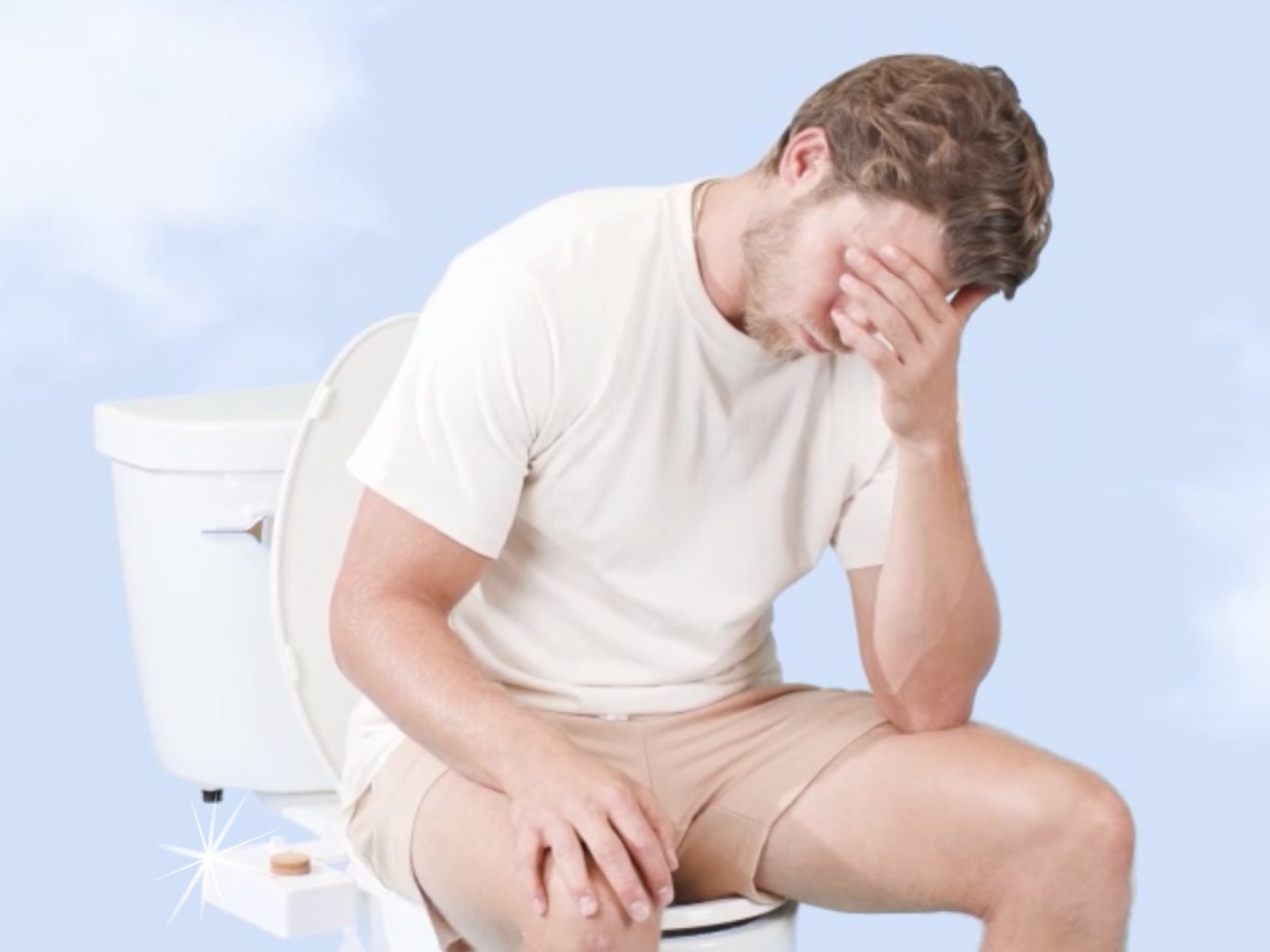
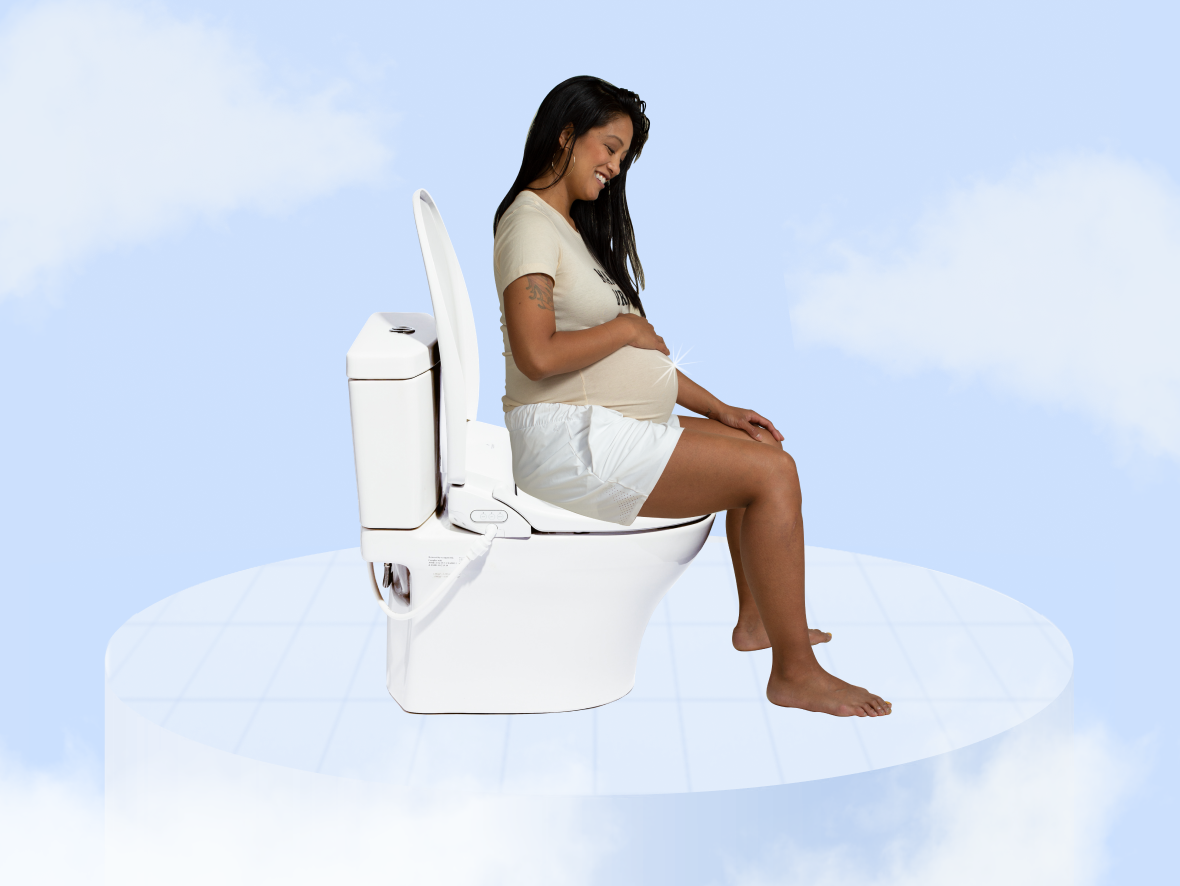




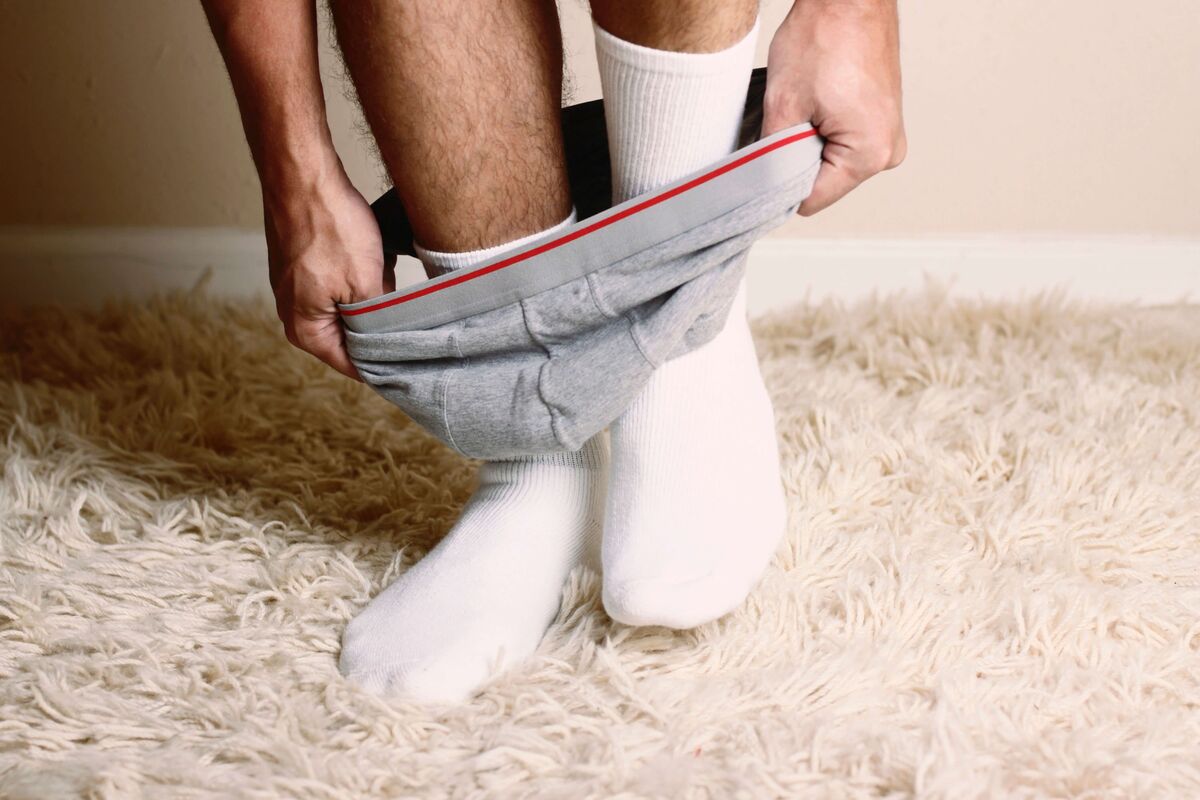
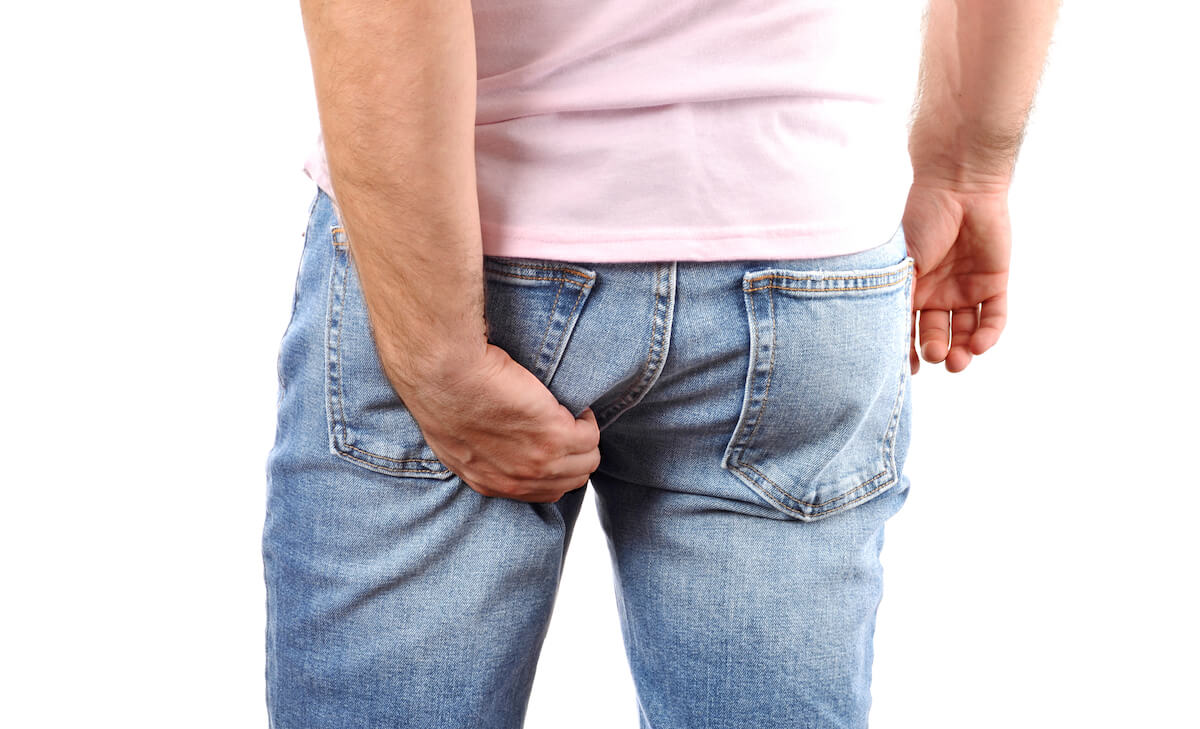
![Why It Feels Good to Poop [Poophoria Explained]](http://hellotushy.com/cdn/shop/articles/Poophoria_Explained.jpg?v=1611854103)








